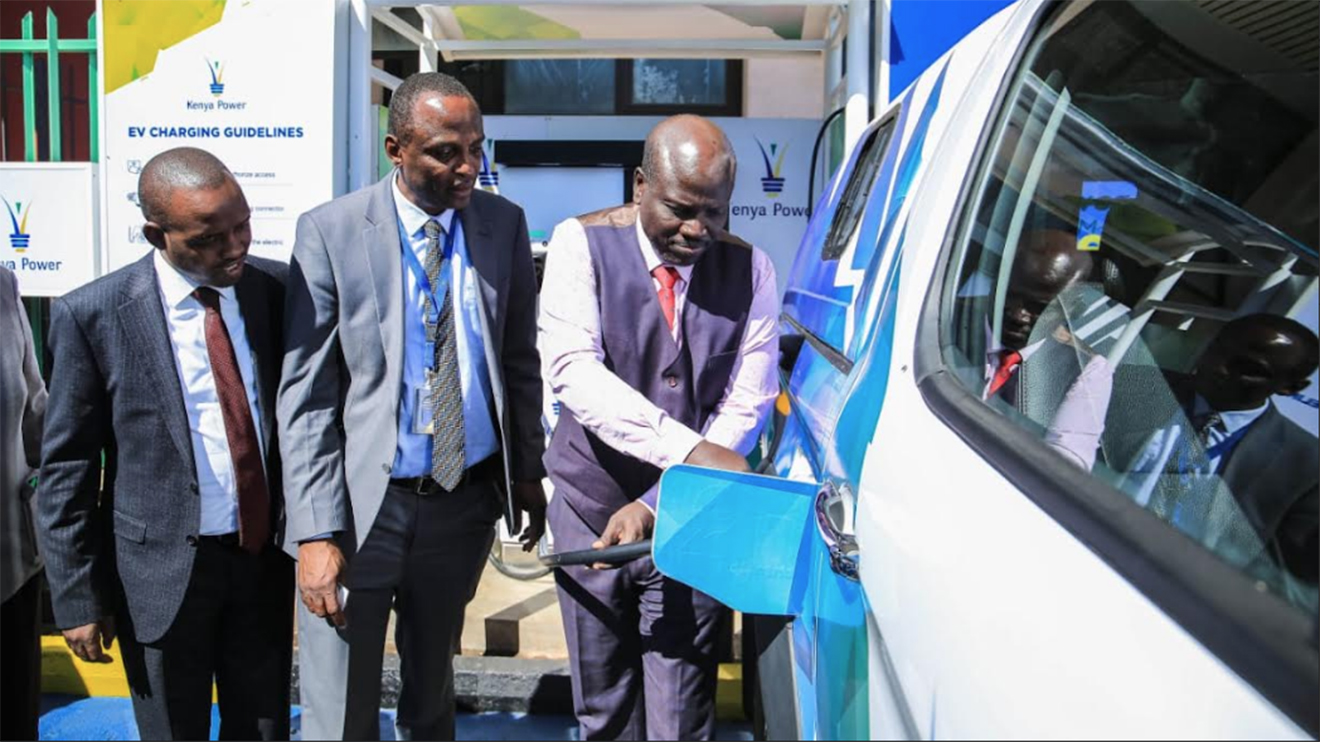Wealthy Kenyans and politicians stand to benefit from the proposed removal of three taxes on aircraft and parts by the Kenyan government.
President William Ruto's administration aims to exempt importers of aircraft, especially helicopters, from paying the 16 percent Valued Added Tax (VAT) and to scrap the 3.5 percent import declaration fee (IDF) and the two percent Railway Development Levy (RDL) in the Finance Bill of 2023.
Robert Waruiru, a tax and regulatory expert at Ichiban Tax & Business Advisory, believes that these tax cuts will be a major boost to the aviation industry, which has been adversely affected by the re-introduction of levies by the previous administration of President Uhuru Kenyatta.
“The major beneficiaries are buyers of aircraft not exceeding 2,000 kilogrammes and helicopters of less than two tonnes and aircraft of more than 2,000 kilogrammes,” Waruiru said.
Read More
However, middle-class workers may not be pleased, as they are expected to bear the brunt of higher fuel and salary taxes to finance the government's Sh3.59 trillion budget.
Under the proposed tax cuts, helicopter importers will benefit the most, thanks to the efforts of Treasury CS Njuguna Ndung'u.
Previously, certain types of helicopters, aeroplanes, aircraft gear, and parts were exempt from tax, but in the Finance Act of 2020, individuals seeking to hire or buy aeroplanes weighing less than or exceeding 2,000 kilograms began paying VAT on their imports.
The aviation industry players, however, have welcomed the proposed tax cuts, which they believe will make the aviation sector more competitive and sustainable.
Liz Aluvanze, CEO of the Kenya Association of Air Operators on Thursday noted that the increasing number of taxes had a negative impact on the air transport sector, and the association has petitioned the government to review the tax regime to provide much-needed relief to industry players.
“The ever-increasing number of taxes are negatively impacting the air transport sector as Kenya is the only State regionally levying several taxes on aircraft, spare parts and fuel, making the industry uncompetitive and unsustainable,” Aluvanze said.
“The association has over the years made petitions to the government to review the tax regime so as to provide the much-needed relief to the industry players in order to give them a fighting chance in the face of fierce regional and global competition.”
Captain Mercy Makau, founder and president of the Young Aviators Club of Africa, believes that the reduction of costs associated with importing spare parts and light aircraft will benefit Kenya by promoting tourism and sports aviation, growing the general aviation sector, and creating jobs.
“It would promote tourism and sports aviation, growing the general aviation sector through recreational aviation, hence creating jobs,” Makau said.

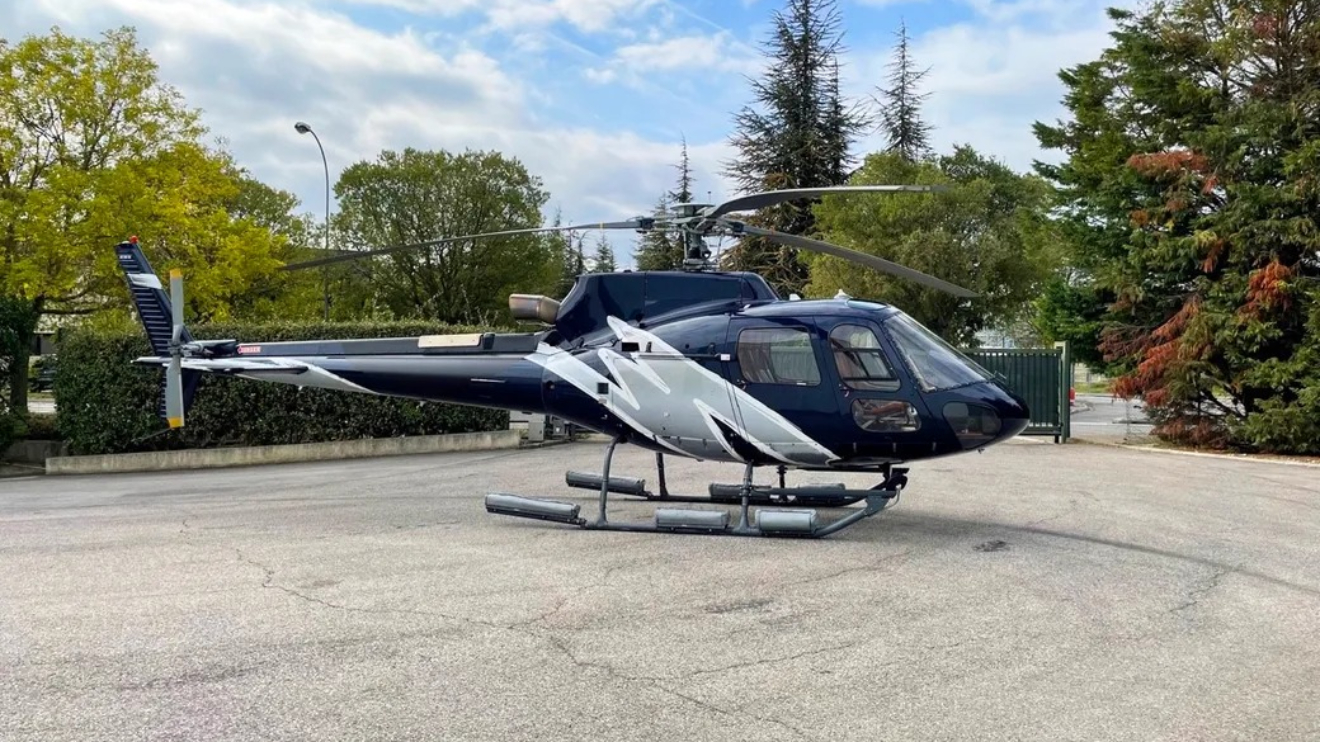
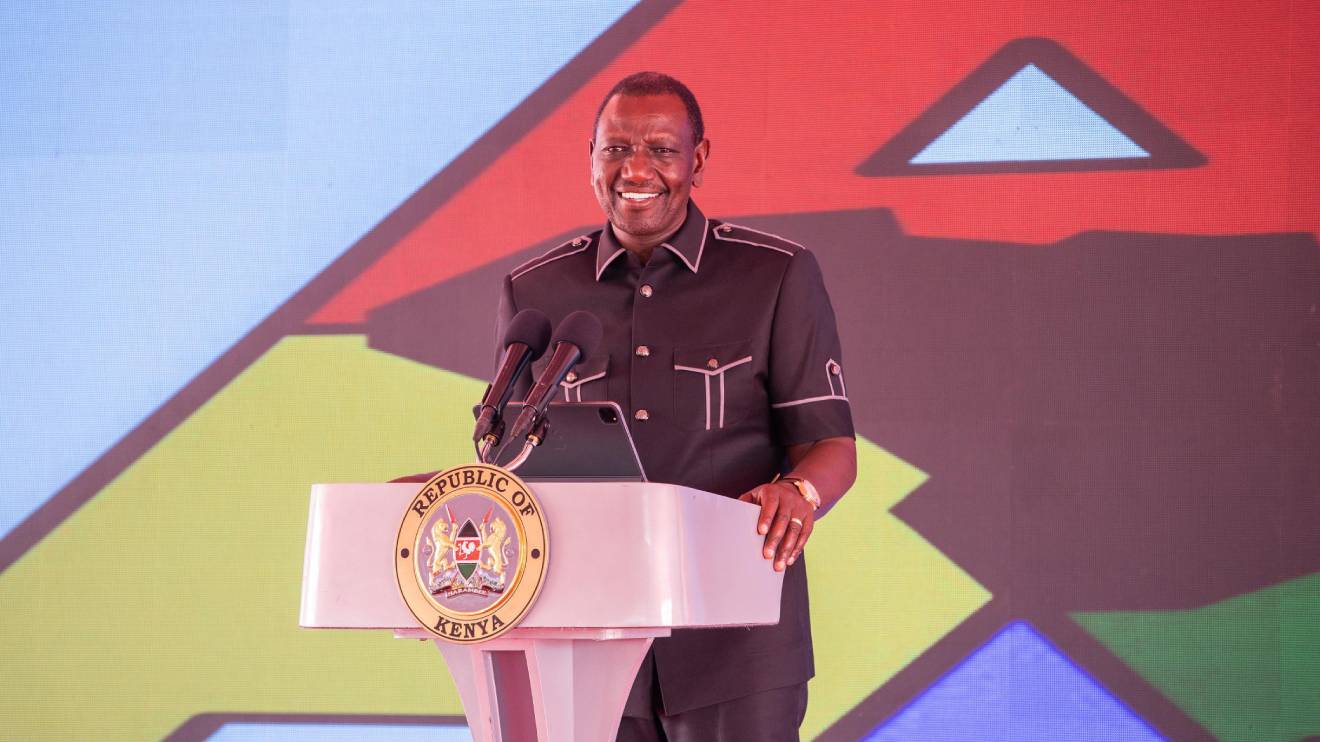
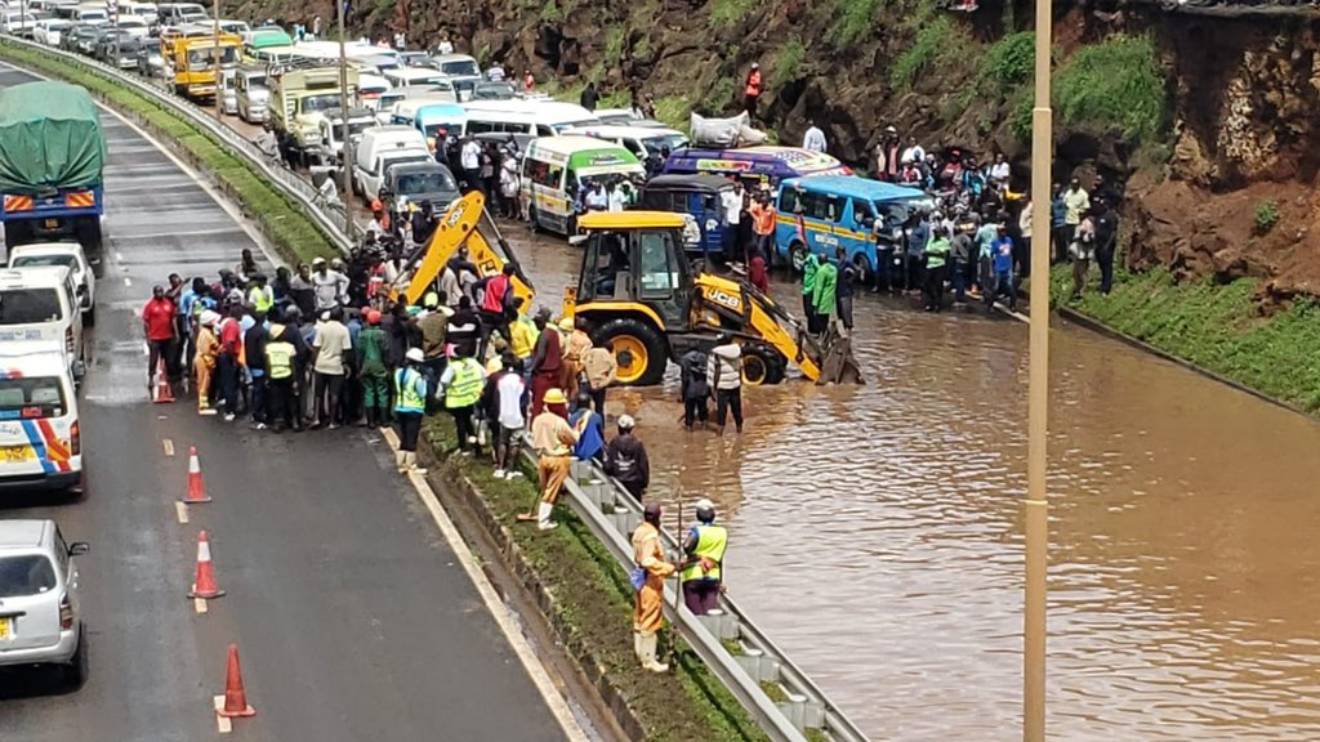

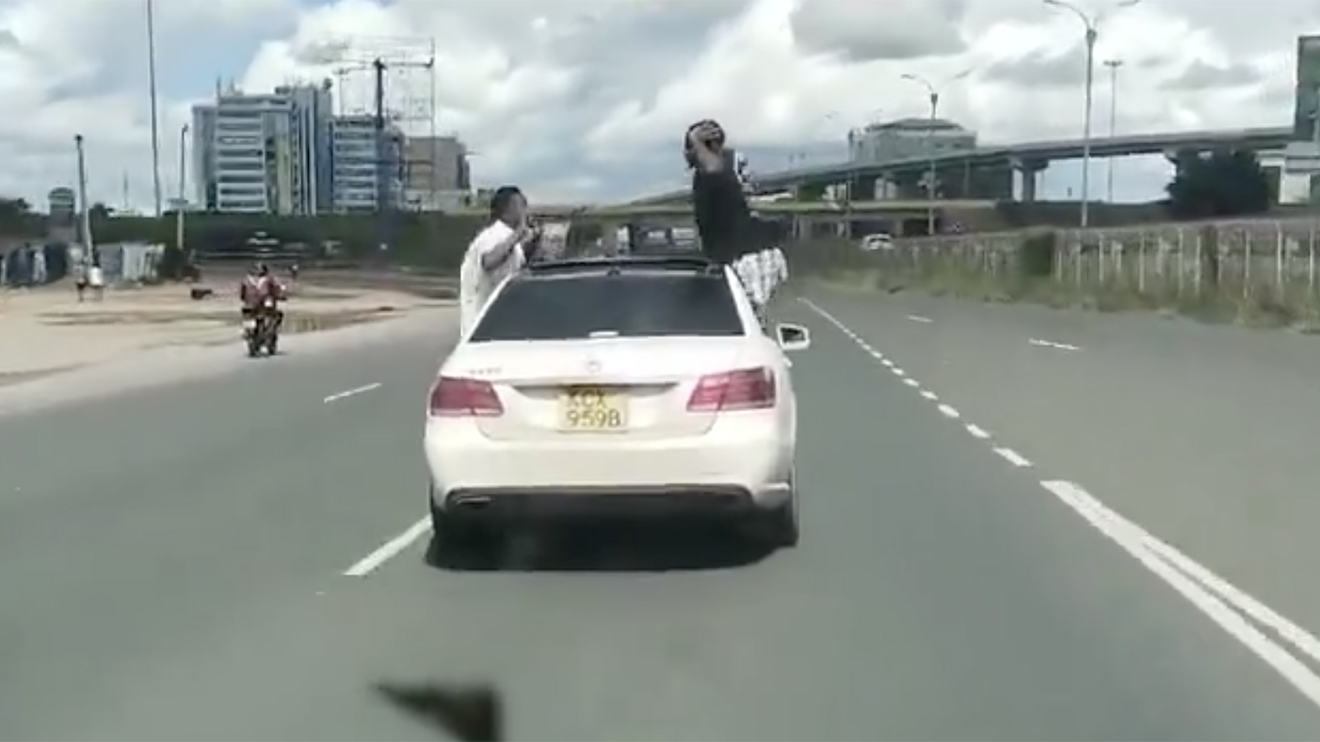

-1679766659.jpg)
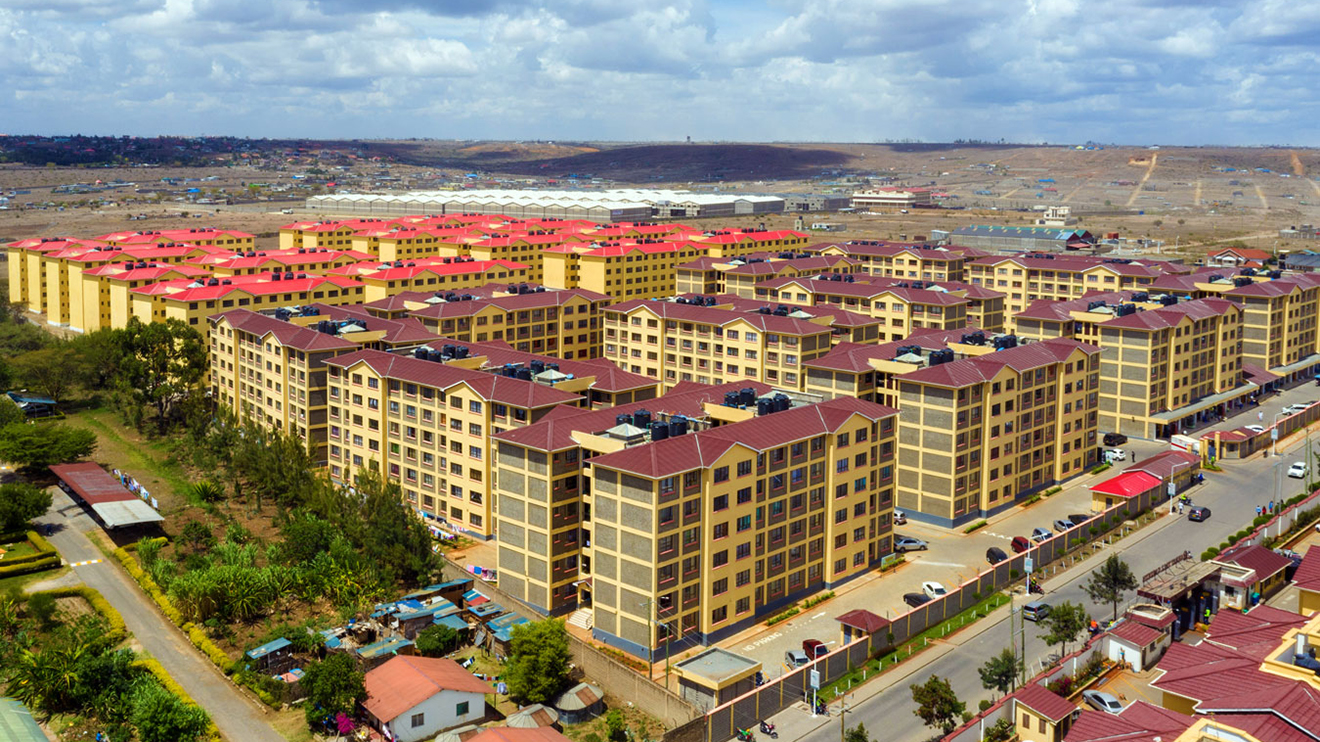
-1713985974.jpg)
